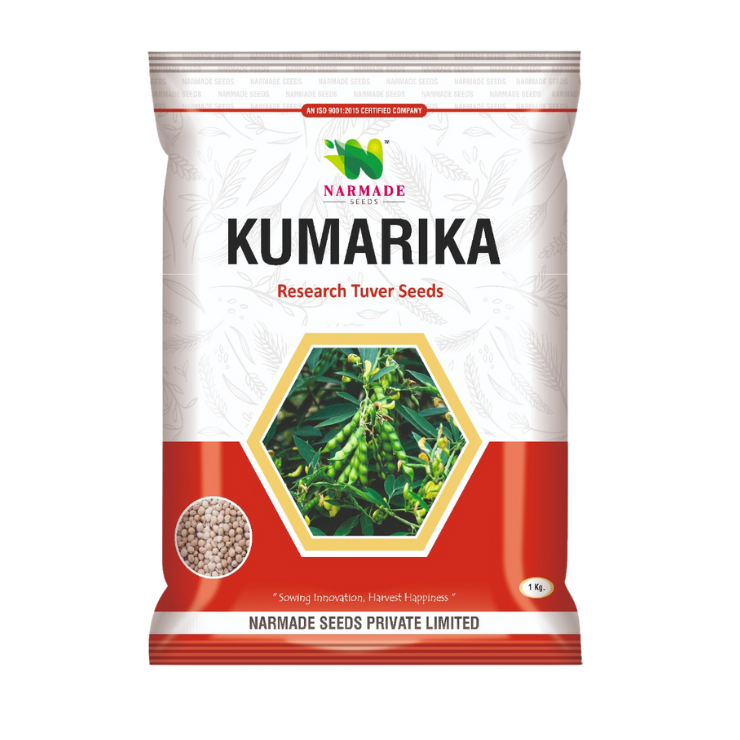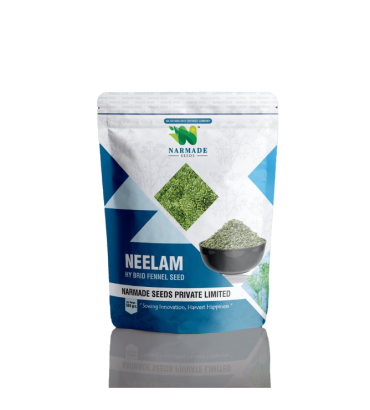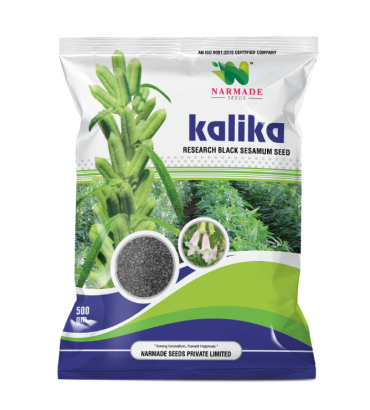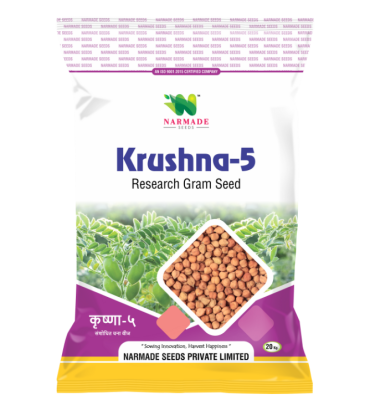Here are some key points about tuver seed:
1. Plant Description:
- Tuver seeds are obtained from the pigeon pea plant (Cajanus cajan), which is a perennial legume.
- The plant has compound leaves and produces clusters of pea-like flowers.
2. Culinary Uses:
- Pigeon pea seeds are a staple in many cuisines and are used in a variety of dishes.
- They can be split and used as dal in Indian cuisine or added to soups, stews, and curries.
3. Nutritional Content:
- Tuver seeds are a good source of plant-based protein, dietary fiber, and various vitamins and minerals.
- They provide essential nutrients such as iron, potassium, magnesium, and B vitamins.
4. Crop Rotation:
- Pigeon pea is often used in crop rotation practices as it helps fix nitrogen in the soil, benefiting subsequent crops.
5. Agricultural Importance:
- Pigeon pea is an important food crop, contributing to food security in many regions.
- It is also used as a forage crop and green manure in agricultural systems.
6. Varieties:
- Different varieties of pigeon pea exist, with variations in seed color, size, and maturity period.
- The most common varieties have either red or yellow seeds.
7. Drought Tolerance:
- Pigeon pea is known for its ability to tolerate drought conditions, making it a resilient crop in regions with erratic rainfall.
8. Culinary Diversity:
- Pigeon pea seeds are used in diverse culinary preparations, from traditional Indian dals to African and Latin American dishes.
9. Traditional Medicine:
- In some traditional medicine practices, pigeon pea is believed to have potential health benefits, including anti-inflammatory properties.
10. Economic Importance:
- Pigeon pea cultivation contributes to the livelihoods of farmers and is an important commodity in international trade.







There are no reviews yet.